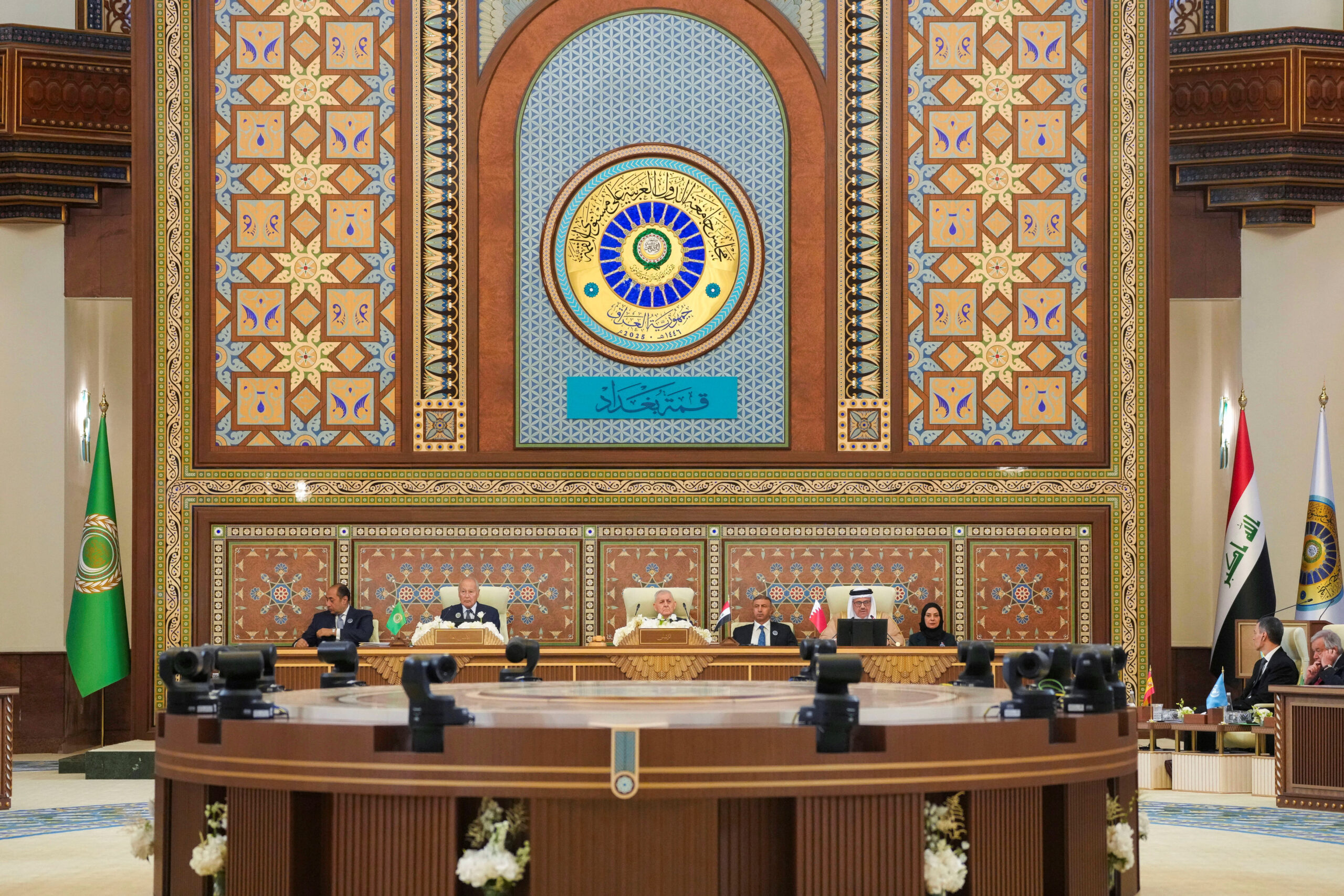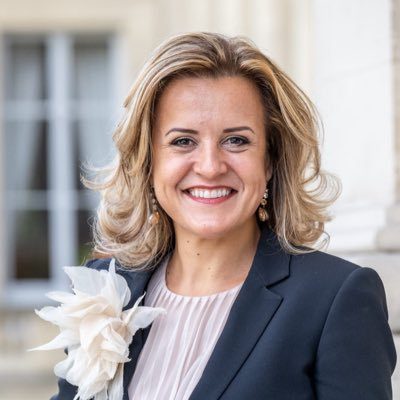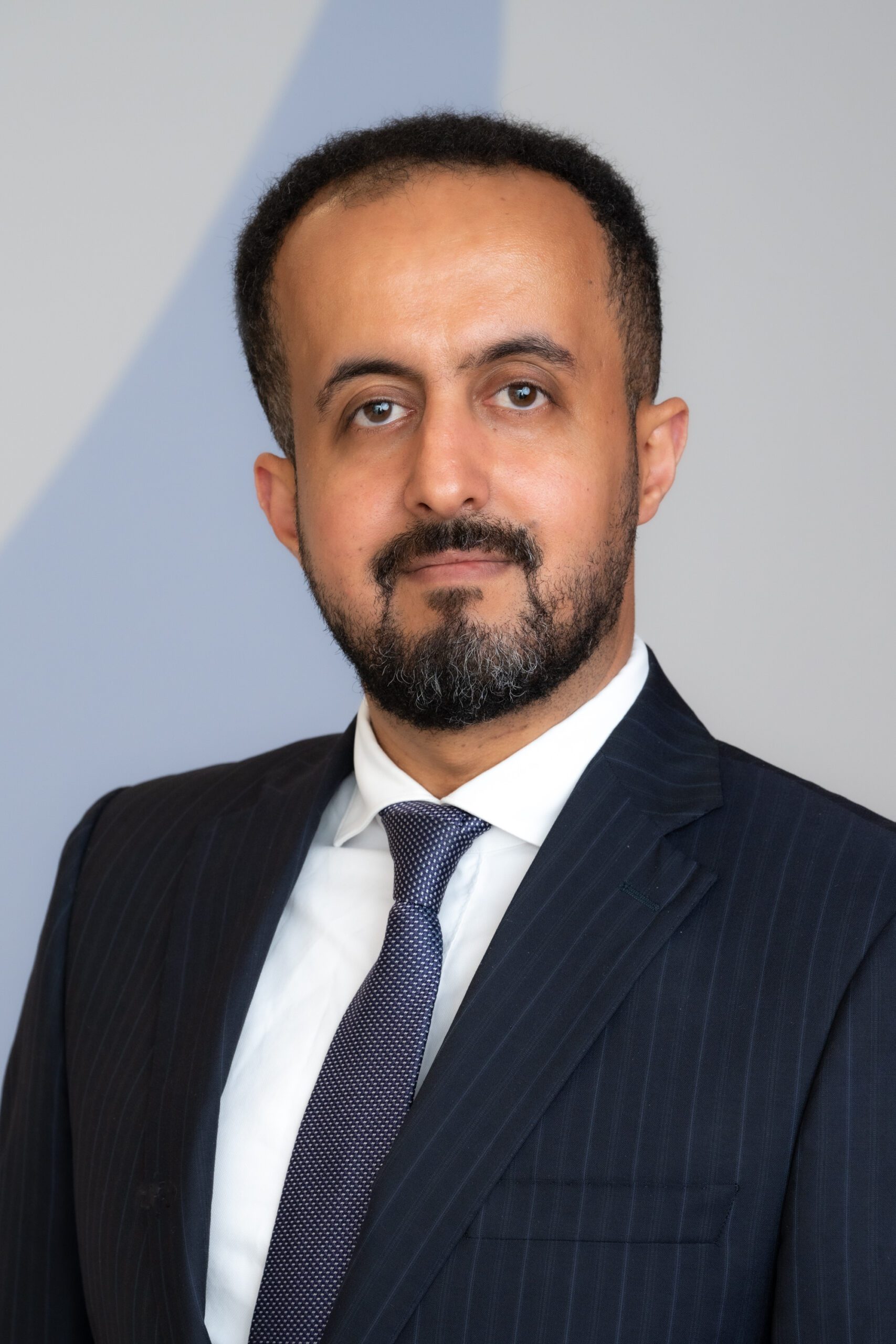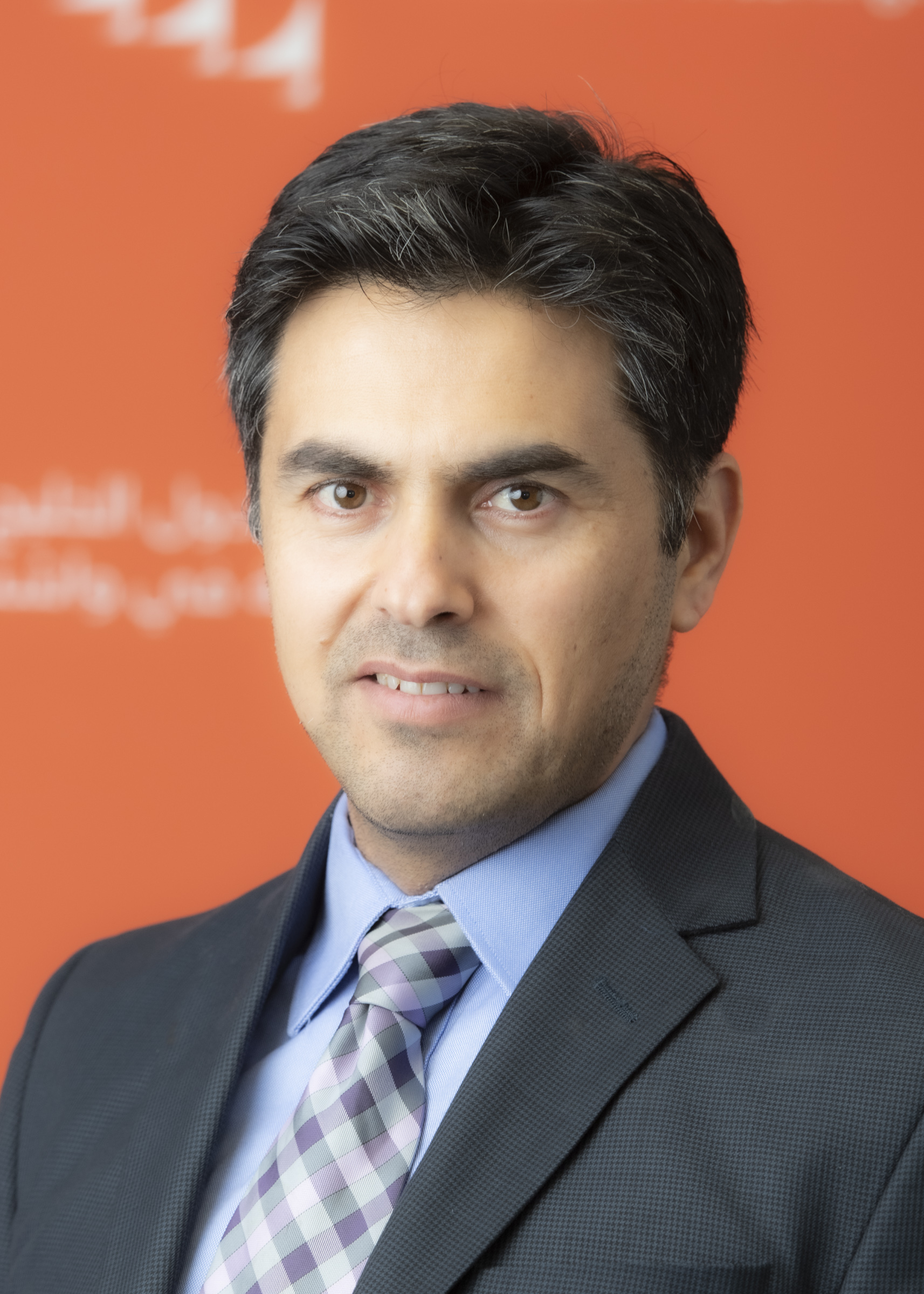Politics and Governance
Jun 9, 2025
A Conversation With Ambassador Claire Le Flécher
On June 3, AGSI hosted a conversation with Ambassador Claire Le Flécher, the former French ambassador to Kuwait.
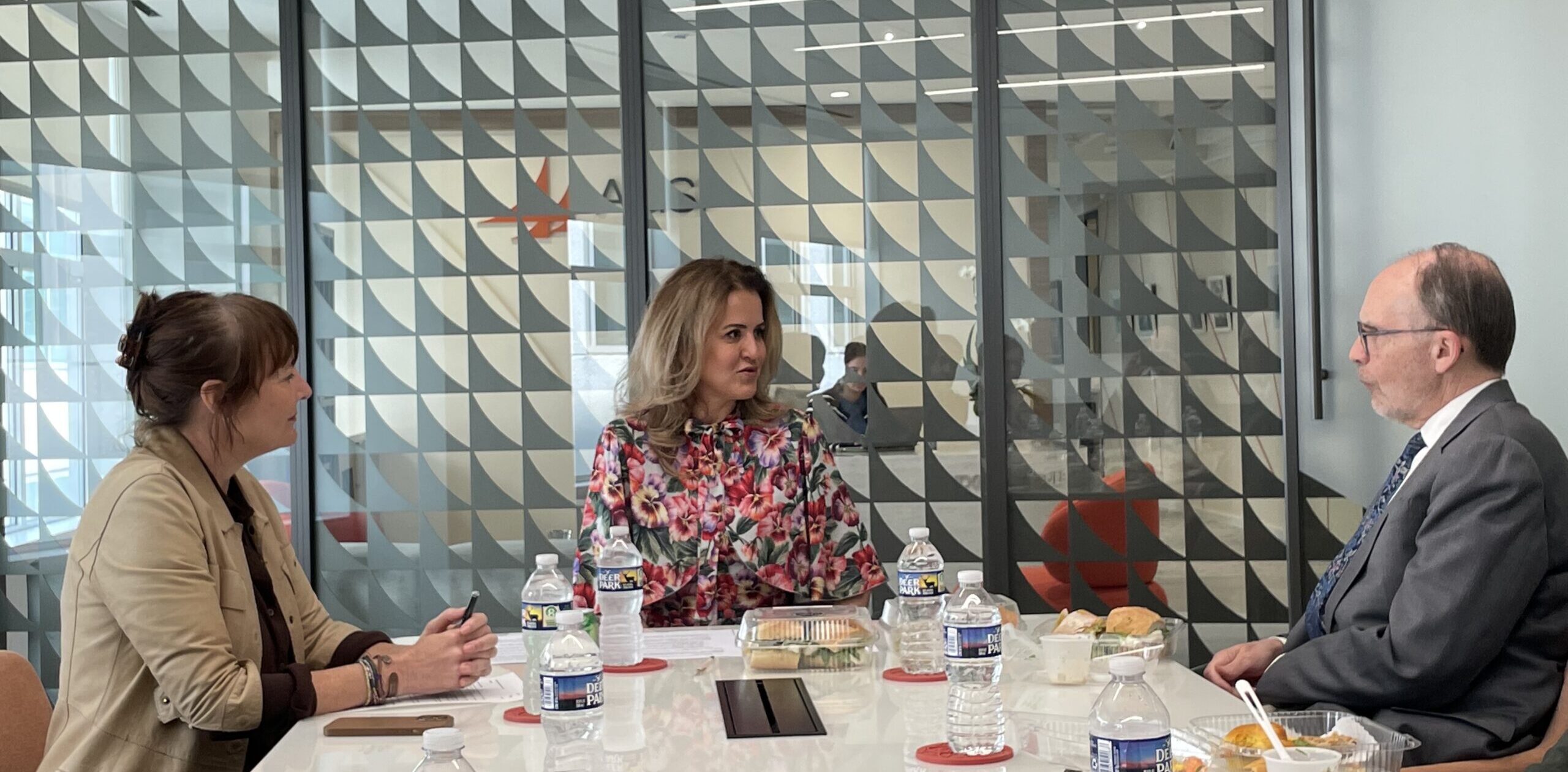
Jun 6, 2025
Yemen at a Crossroads: Navigating Political Shifts and Economic Turmoil
On June 12, AGSI hosted a discussion on developments in Yemen.
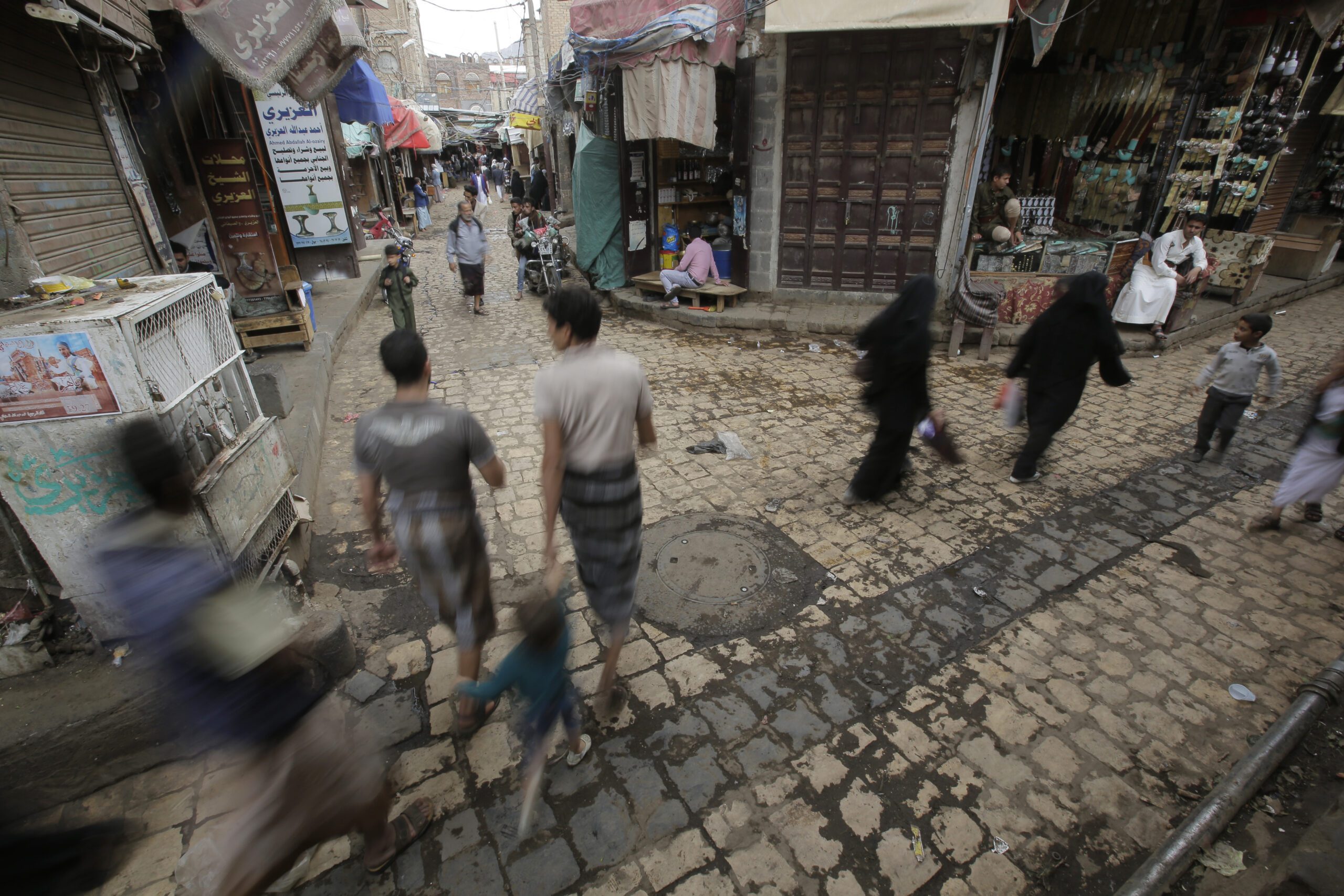
Jun 6, 2025
Post-Assad Syria: A Testing Ground for Gulf Ambitions and U.S. Strategy
The fall of the Assad regime has not only reopened Syria to regional reintegration but also exposed the fragmented ambitions of Gulf powers seeking to shape its future.
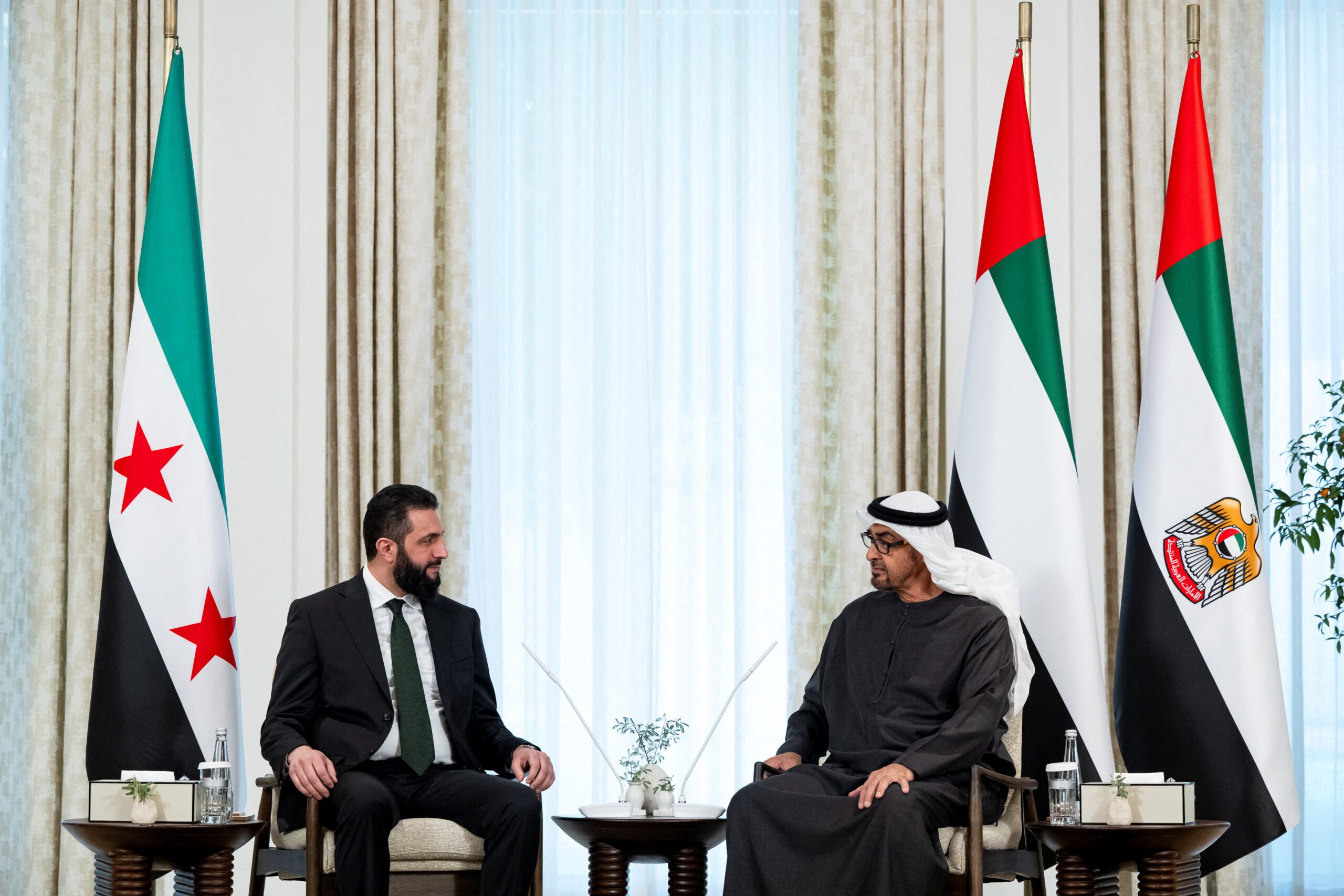
Jun 4, 2025
A New Gulf Partnership
In May, President Donald J. Trump embarked on a trip to the Gulf that signals a new era in U.S.-Gulf relations. AGSI's A New Gulf Partnership series explores the ways U.S. strategic relations with these countries are evolving and offers policy recommendations for the U.S. administration to maximize political and economic influence.
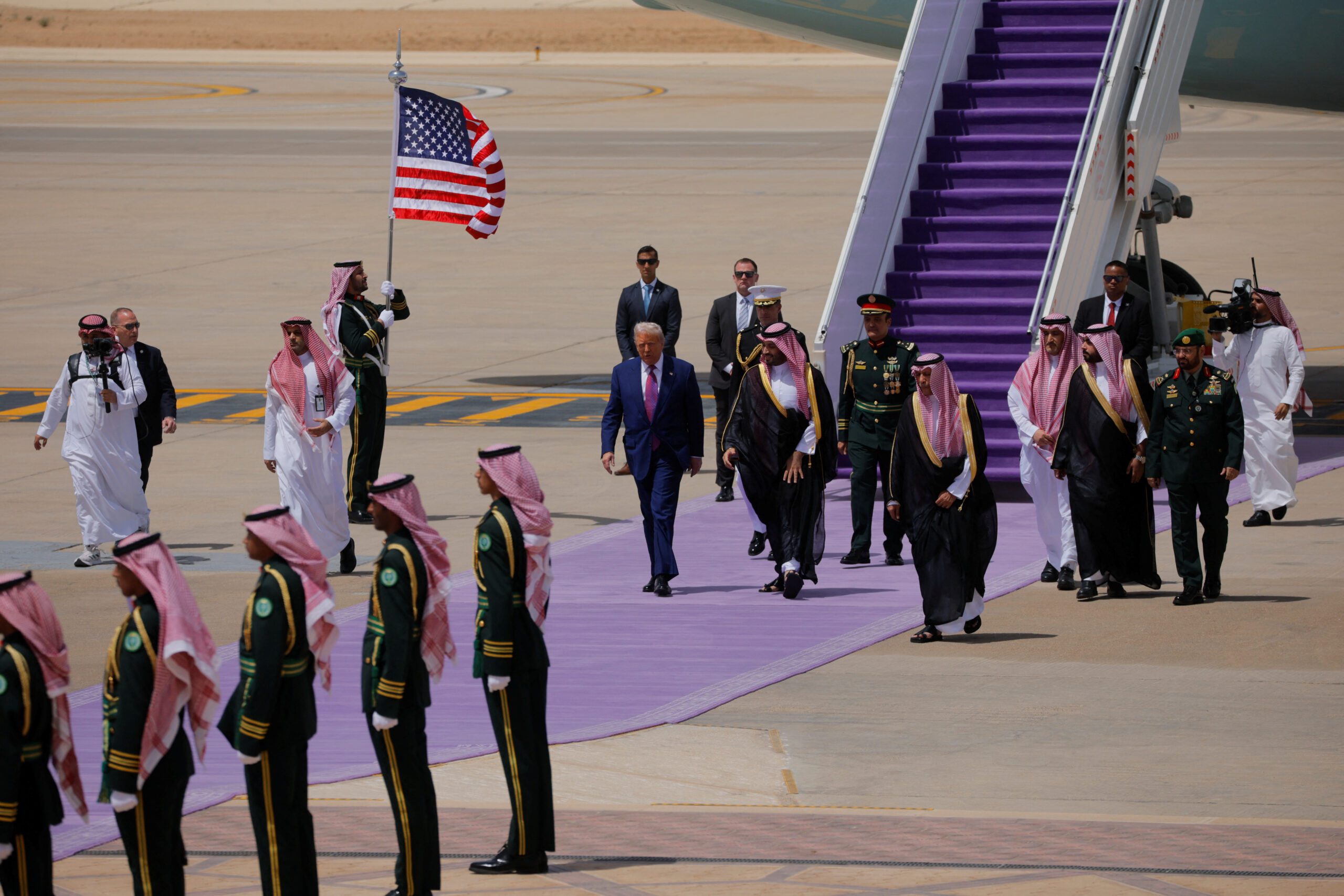
Jun 4, 2025
U.S. Moves Toward New Trump Doctrine for the Gulf
President Trump’s May trip to the Gulf showed the need to supplant the outdated Carter Doctrine with a new Trump Doctrine that focuses on reciprocal economic partnerships, security burden sharing, and the transformation of Gulf societies while still ensuring energy flows.
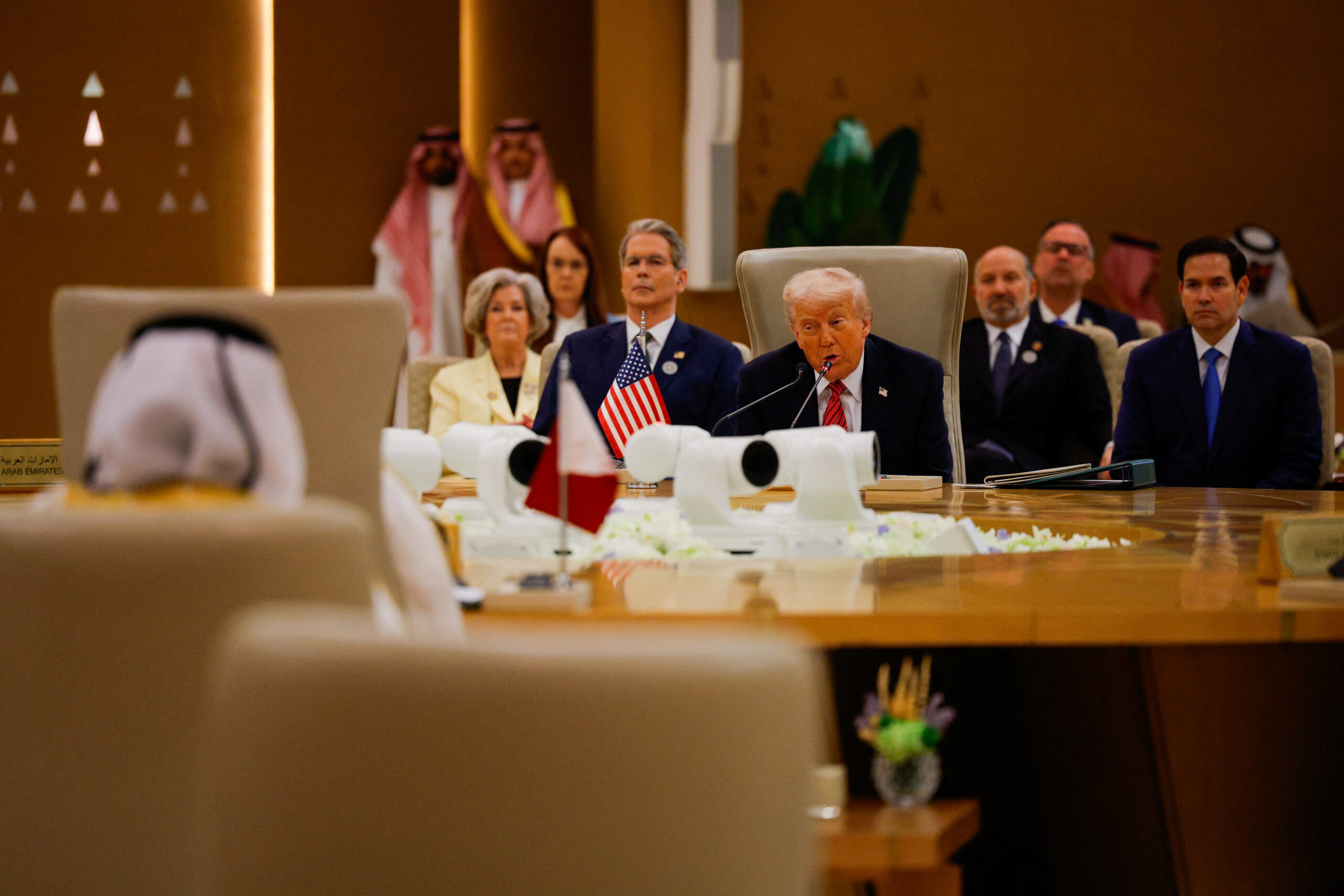
Jun 2, 2025
A Path to a Stronger United States in the Gulf
AGSI offers pragmatic, targeted policy recommendations for the Trump administration to maximize U.S. political and economic influence with the crucial emerging regional powers in the Gulf.

May 27, 2025
U.S. Takes Concrete Steps to Lift Sanctions on Syria
As the U.S. government begins lifting sanctions on Syria, the key questions will focus on the speed and scope of reconstruction and whether the Syrian government can meet accelerating expectations.
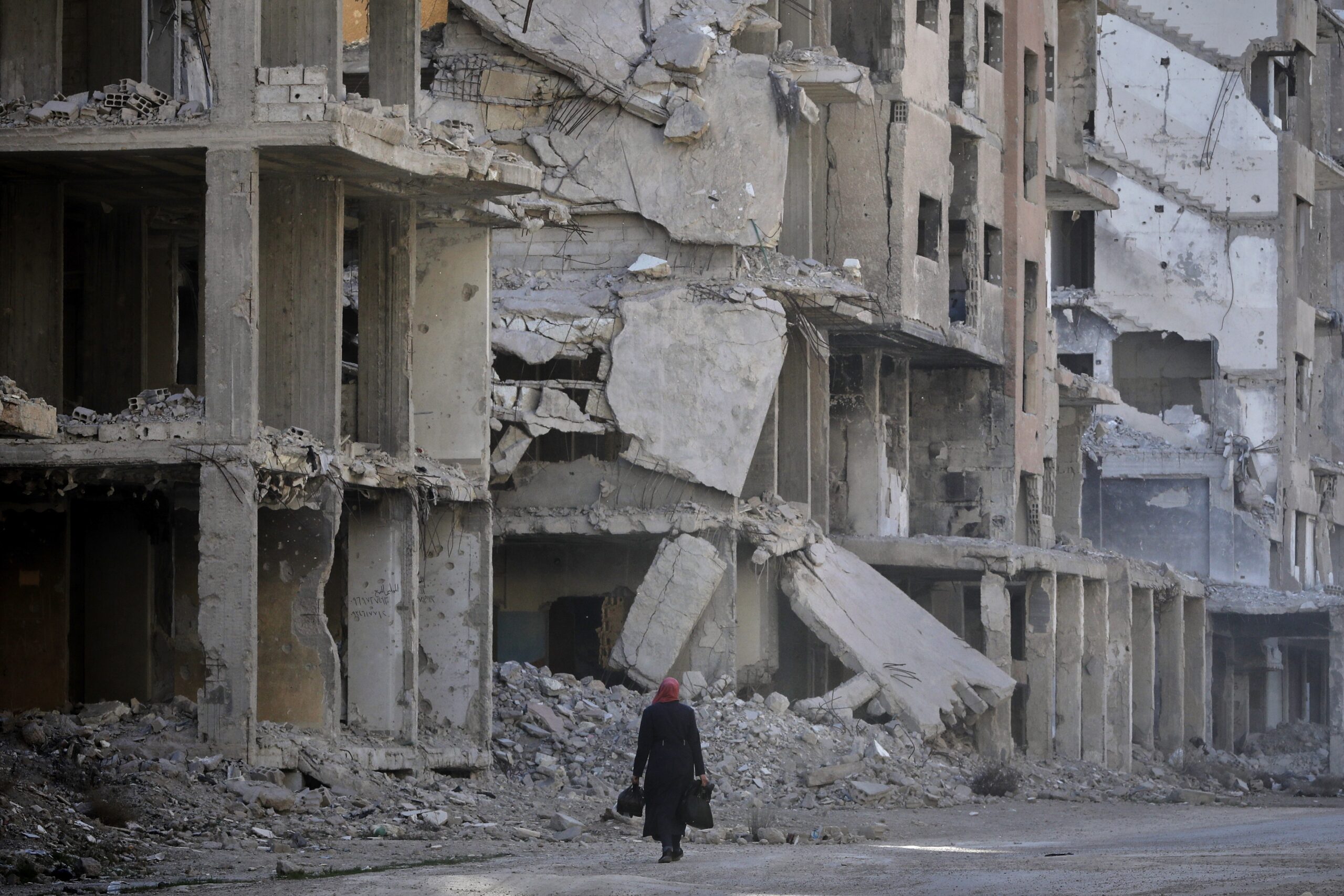
May 23, 2025
Baghdad Summits Expose Cracks in Iraq’s Regional Ambitions
By hosting two regional summits, Prime Minister Sudani's government sought to strategically position Iraq's reentry into central Arab regional politics. However, internal divisions, regional mistrust, and shifting geopolitics exposed the limits of Baghdad’s ambitions.
